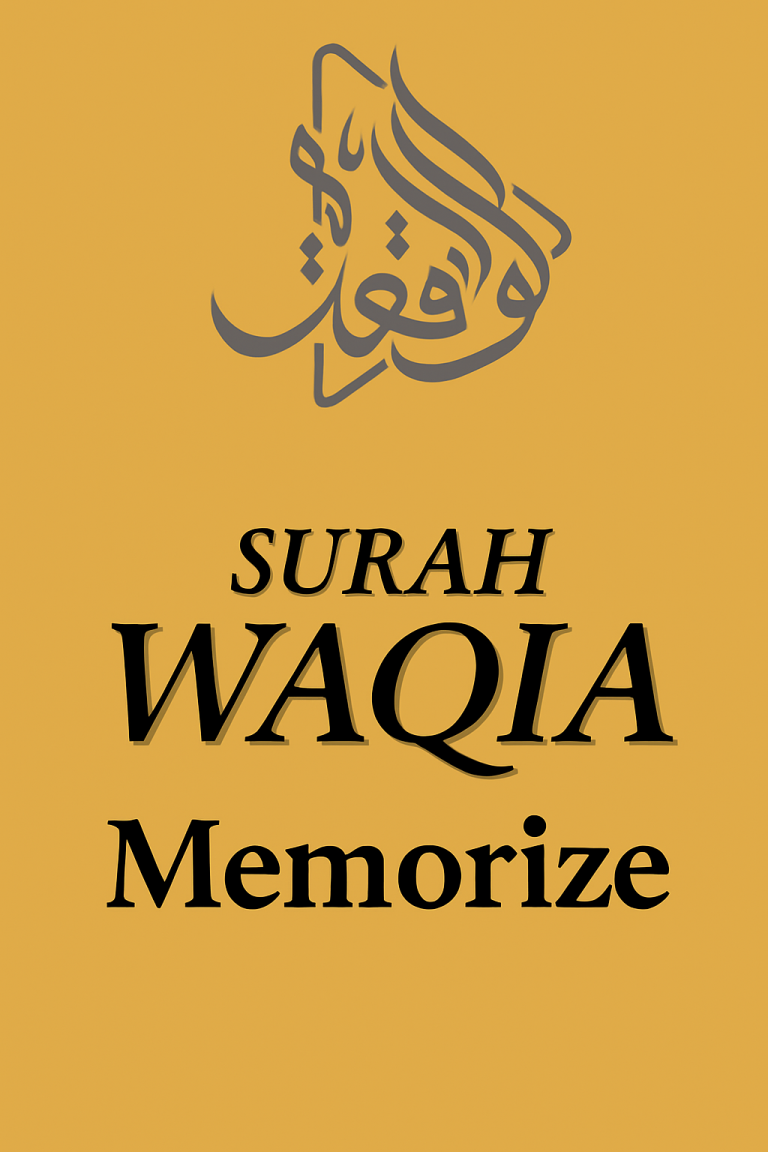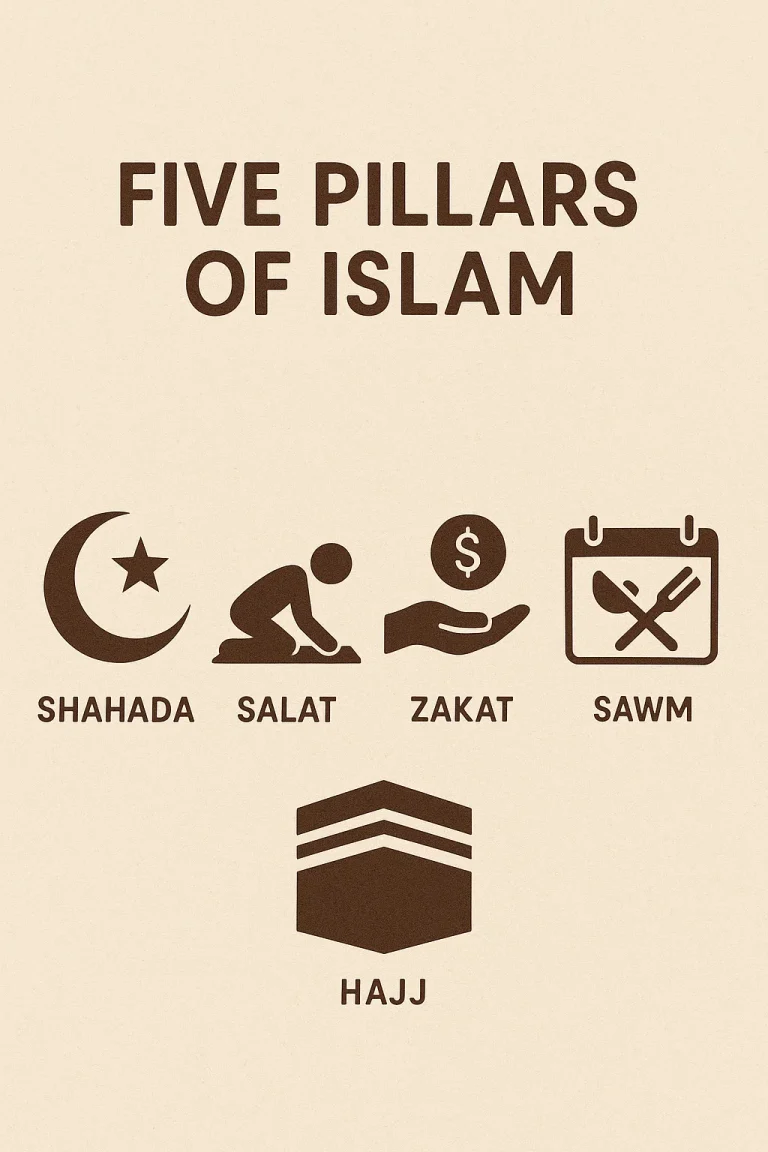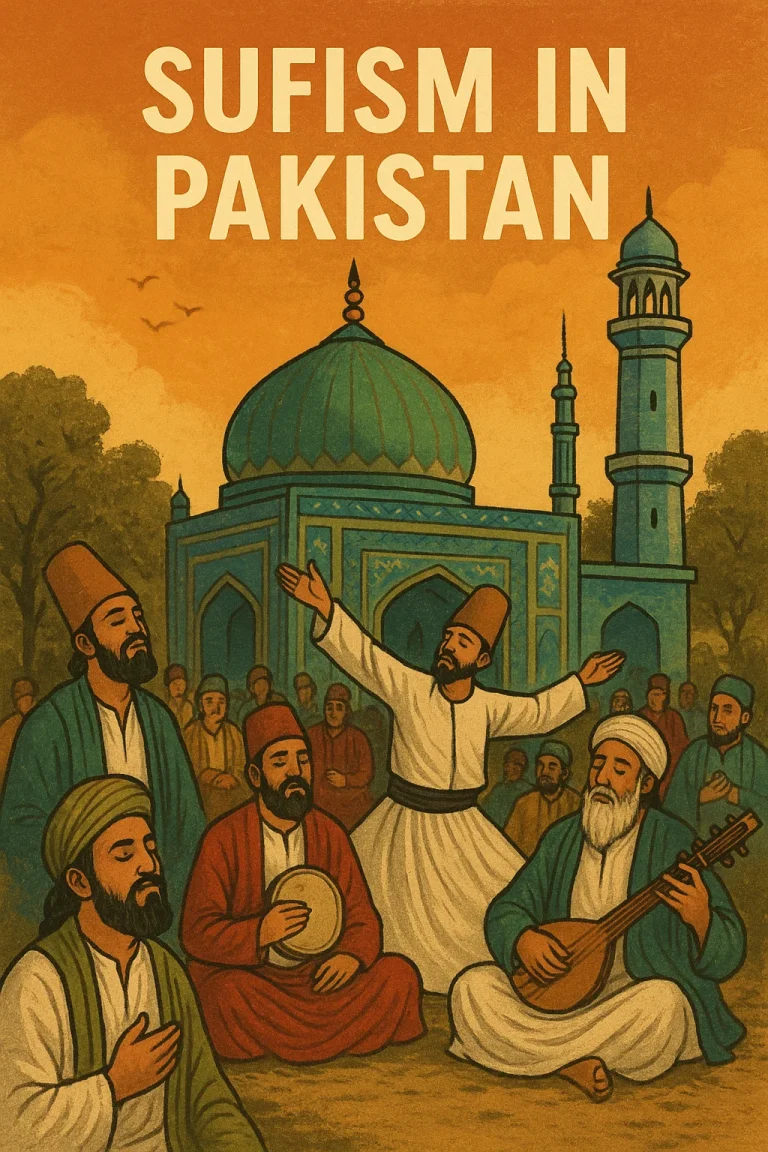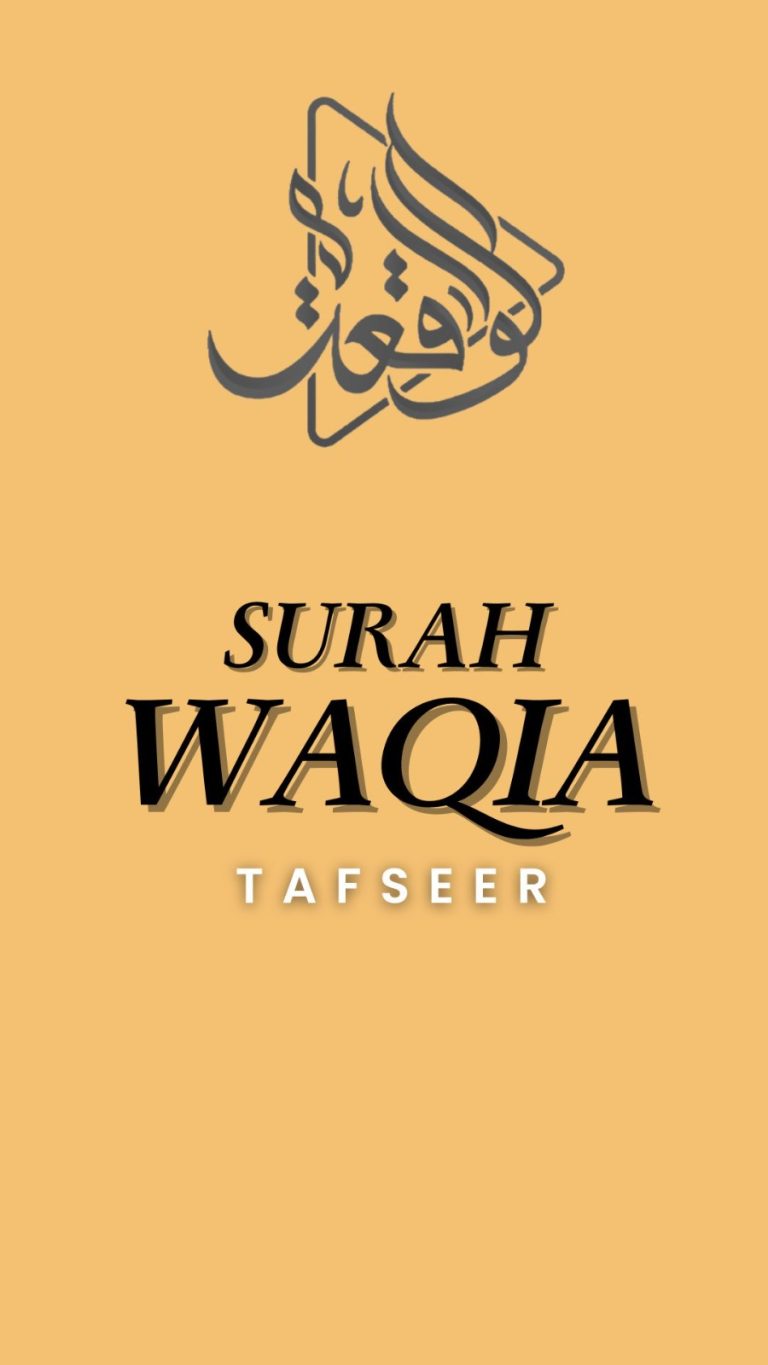Islamic Finance: A Complete Guide
Islamic finance is a system of money and trade based on Islamic values.
Islamic finance is also known as halal finance because it follows the rules of the Quran and Sunnah. It is not limited to Muslims. Today, people worldwide use it for honest, safe, and ethical money management.
Quick Facts about Islamic Finance
Before we dive deep, let us look at some key numbers.
- In 2022, the global Islamic finance industry was worth $4 trillion.
- By 2027, it is expected to reach $6.7 trillion.
- More than 75 countries now offer Islamic banking products.
- There are over 1,400 Islamic banks and institutions around the globe.
- The market for Islamic bonds, known as Sukuk, is expanding rapidly.
These facts show that halal finance is one of the fastest-growing areas of global finance.
What Makes Halal Finance Different
Unlike conventional banking, Islamic finance is based on Shariah principles. This means money must be used in a fair, transparent, and halal way.
Key rules include:
- No interest (Riba)
- No gambling (Maisir)
- No fraud or high uncertainty (Gharar)
- Every transaction tied to real assets
- Sharing of profits and risks
Principles of Halal Finance
To understand halal finance, let us explore its main principles.
No Interest (Riba)
Islam forbids charging or paying interest. Profit must come from trade and fair investment.
Sharing Risk
Both lender and borrower share the risk, making contracts more balanced and fair.
Asset-Backed Money
Each financial deal must link to a real asset like property, land, or trade.
Social Justice
Wealth should circulate in society. Islamic finance promotes fairness, charity, and equity.
Ethical Investment
Money cannot support haram activities like alcohol, gambling, or harmful businesses.
Products in Halal Finance
Islamic finance offers a wide range of products for both individuals and businesses:
- Mudarabah – Profit-sharing between investor and worker
- Musharakah – Partnership with shared profit and loss
- Murabaha – Cost-plus financing for buying homes, cars, or goods
- Ijara – Leasing agreements
- Takaful – Islamic insurance based on mutual support
- Sukuk – Asset-backed Islamic bonds
Comparison: Islamic Finance vs Conventional Finance
| Feature | Islamic Finance | Conventional Finance |
|---|---|---|
| Interest | Not allowed | Allowed |
| Risk | Shared by both parties | Mostly on borrower |
| Asset-backed | Always required | Not required |
| Ethics | Only halal investments | No strict ethical rules |
| Insurance | Takaful system | Commercial insurance |
This table shows that halal finance is built on fairness and shared responsibility, while conventional finance focuses more on interest and borrower risk.
Growth of Halal Finance Worldwide
Islamic finance is now present across all major regions.
- Middle East – Largest market with Saudi Arabia, UAE, and Qatar.
- Asia – Malaysia, Pakistan, and Indonesia lead the way.
- Africa – Nigeria, Kenya, and Sudan are emerging players.
- Europe and North America – The UK and US offer Islamic products for Muslims and non-Muslims.
Global Numbers
- Malaysia: Over 30 percent of its banking sector is Islamic.
- Saudi Arabia: Holds the largest share of Islamic banking assets at 28 percent.
- UK: Top Western hub with 20+ Islamic banks and Sukuk listings.
Why People Choose Halal Finance
People across the world select halal finance because it:
- Follows faith-based and ethical values
- Promotes fairness and justice in trade
- Avoids risky speculation
- Builds trust through moral standards
- Supports charity and care for the poor
Islamic Finance and the Halal Economy
Islamic finance is strongly linked to the wider halal economy.
This includes halal:
- Food
- Travel
- Fashion
- Investments
Together, the halal market is worth more than $3 trillion worldwide. This shows strong demand for ethical and Shariah-compliant products.
Challenges Facing Halal Finance
Even with growth, there are challenges.
- Lack of awareness in some countries
- Limited experts in both Shariah and finance
- Differences in rule interpretation
- Need for more innovation and digital tools
Opportunities for the Future
On the positive side, the future of halal finance looks very promising.
- Digital banking and fintech will create more halal apps
- More countries will include Islamic banking options
- Green Sukuk will link Islamic finance with climate goals
- Islamic microfinance will reduce poverty in developing regions
Daily Life Lessons from Islamic Finance
Islamic finance is not only for big investors. It teaches lessons for daily life.
- Earn and spend in halal ways
- Avoid greed and unfair trade
- Share wealth with the needy
- Save and invest with honesty
- Remember that money is a trust from Allah
Common Questions
Q. Is Islamic finance only for Muslims
No. It is open to everyone who seeks ethical and fair finance.
Q. Can Halal finance work in modern banking
Yes. Many banks worldwide combine Islamic and conventional products.
Q. What is the main goal of Halal finance
Its goal is to promote fairness, justice, and halal growth of wealth.
Q. Is Islamic insurance different from normal insurance
Yes. Takaful is based on shared risk and mutual help, unlike commercial insurance.
Final Thought
In short, Islamic finance is more than just money. It is a system of trust, fairness, and ethics. With assets worth trillions and rapid growth worldwide, halal finance is shaping the future of banking.
By following its principles, both Muslims and non-Muslims can build wealth while staying true to values. This makes Islamic finance a safe and fair choice for the modern world.






